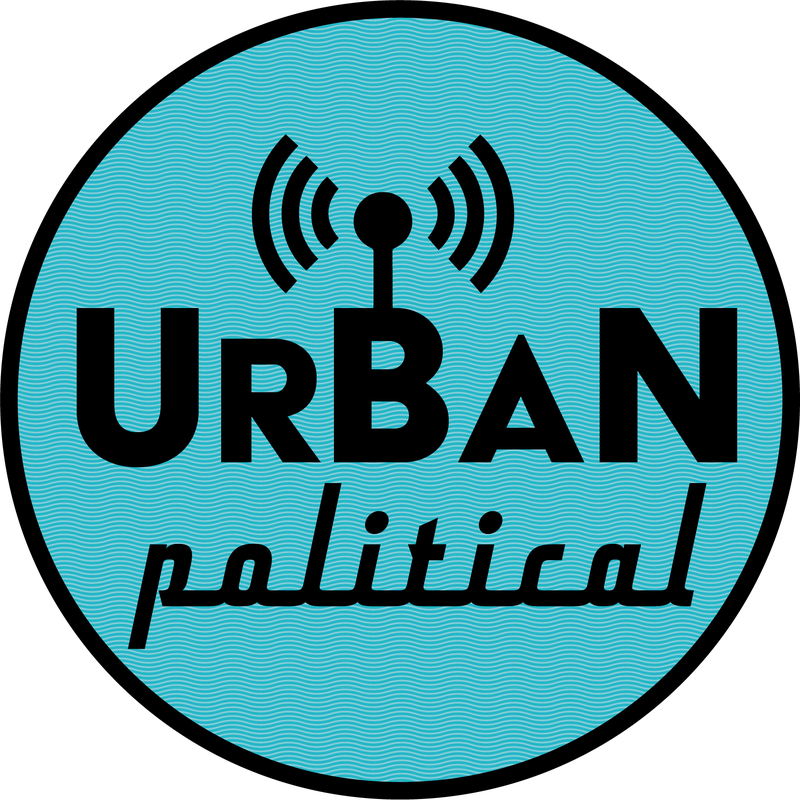The Revolutionary Movements in Algeria and Lebanon (AfterCorona #12)
This episode delves deep into the ongoing revolutionary movements in Algeria and Lebanon. Ratiba Hadj-Moussa and Rana Sukarieh provide us with a rich and inspiring account of developments, offering social-economic background to the events of the last two years, outlining the main contours of the political struggles in the two countries and drawing comparative insights. In particular we gain: a clear sense of the geographies of the movements, the solidarities and tensions within them, the crucial place of women activists and gender as a focal point, and how the state is reacting to these diverse demands for justice and democracy. We also consider how Covid-19 has shaped developments.
Guests: Ratiba Hadj-Moussa is professor of Sociology at York University, Toronto. Her areas of specialization are the sociology of culture and political sociology. Her interests range from common cultural artefacts to art (cinema) and visual culture in general. My work is anchored within the scope of three major fields: 1. Mediascapes, principally new media, in relation to politics and shared spaces as they are constituted and evolve in non-Western contexts; 2. Marginalized forms of protest and new forms of the political; 3, Public Memory and its relations to alternatives and official memories. Her recent publications include La télévision par satellite au Maghreb et ses publics. Espace de résistance, espaces critiques (PUG-2015, English version Cambridge Scholars Publishing,2018). She is the editor of Terrains difficiles, Sujets sensibles, faire de la recherche au Maghreb et sur le Moyen-Orient (Du Croquant, 2019), and the co-editor of Protests and Generations, Legacies and Emergences in the Middle East , North African and the Mediterranean (Brill, 2017) ; Suffering , Arts and Aesthetics (2014), and of Les Mondes méditerranéens . L’émeute au coeur du politique (2013).
Rana Sukarieh is a Ph.D. candidate in Sociology at York University, Toronto, Canada. Her dissertation focuses on the (dis)continuity of political solidarity with the Palestinian Boycott Divestment and Sanctions (BDS) movement and the process of transcending activists’ differences in order to build sustained solidarity. Rana's research interests are in the areas of transnational social movements, social movements and political economy in the Middle East, critical qualitative research, and post-colonial studies. She is a recipient of the Social Sciences and Humanities Research Council award (SSHRC), of Ontario Graduate Studies (OGS), and the Nathanson Centre on Transnational Human Rights, Crime and Security award at York University. She is currently teaching at the American University of Beirut, Lebanon.
Links
Ouled El Bahdja 2018 | La Casa Del Mouradia https://www.youtube.com/watch?v=kHZviPhZQxs
Ouled el bahdja LA CASA DEL MOURADIA match 06/05/2018 (USMA🆚YAFC)عودة المدرسة القديمة OLD SCHOOL
https://www.youtube.com/watch?v=8tpAT2bZEVo
This is the translation in English http://lughat.blogspot.com/2019/03/some-algerian-protest-songs.html Jabal al-Lughat
Climbing the Mountain of Languages Thursday, March 07, 2019 Some Algerian protest songs
What's going on right now in Algeria is fascinating - and difficult to get a full sense of from abroad even if you speak Arabic and French, let alone if you're relying on English-language media. The lyrics of the protest movements - whether composed for the occasion or just reused for it - may offer some interesting perspectives. Unfortunately this brief selection can't claim any particular representativity; these are just a couple of apparently popular ones that have crossed my path.
Starting with what a Marxist might call the urban proletariat of Algiers, we have a USMA football fans' song which outlines the basic issue:
ساعات للفجر وماجاني نوم Hours to dawn and I still haven't slept, راني نكونصومي غير بالشوية I'm taking drugs, but only little by little; اشكون السبة واشكون نلوم Who's the cause, who should I blame? ملّينا المعيشة هاديّا We're fed up* with this life.
في الاّولى نقولوا جازت In the first [presidential term], we'd say it's fine; حشاوهالنا بالعشرية They filled our heads with the decade [of civil war]. في التانية الحكاية بانت In the second, the story became clear - لا كاسا دالمورادية La Casa d'El Mouradia [the Presidential residence]. في التالتة البلاد شيانت In the third, the country got thin بالمصالح الشخصية thanks to private interests… في الرابعة الپوپيّة ماتت In the fourth, the doll died [ie the president became too unwell to appear in public] ومازالت القضيّة And the situation continued.
[chorus again]
والخامسة راهي تسويڥي And the fifth is following on, بيناتهُم راي مبنية It's been set up between them; والپاصي راو آرشيڥي And the past is archived, لاڥوا تاع الحرُّيّة The voice of freedom. ڥيراجنا الهدرة پريڥي Our corner** is [a place for] private talk, يعرفوه كي يتقيّا They know it/him when he vomits; مدرسة ولازم سيڥي A school where you need a CV, بيرو محو الأمّيّة An anti-illiteracy office. [x2] [chorus]
